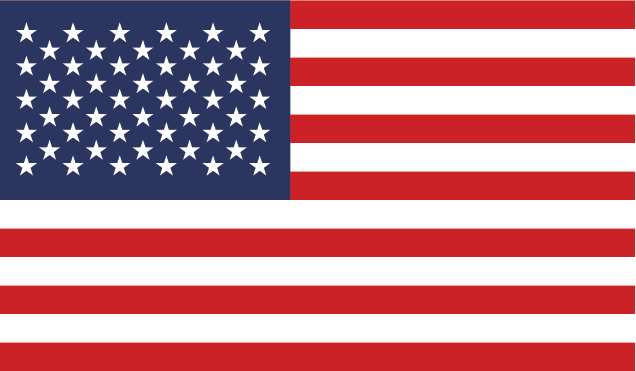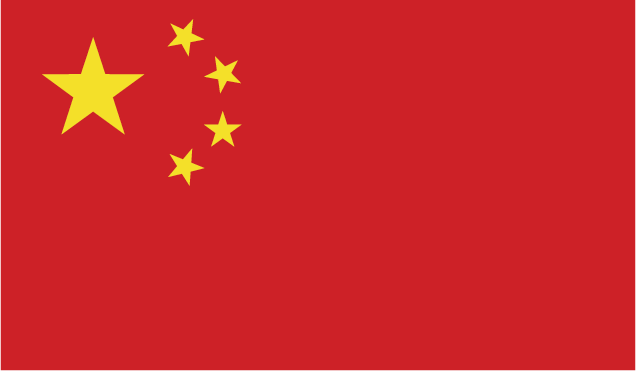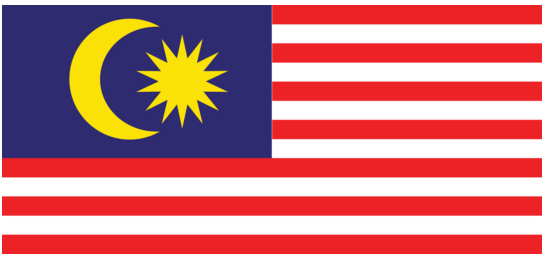
Indonesia Blocks Chinese E-commerce Giant Amid SME Concerns
Summary:
The article discusses the Indonesian government’s decision to block the Chinese e-commerce application, Temu, from being available on the App Store and Google Play Store. The Minister of Communication and Information Technology, Budi Arie Setiadi, announced the ban, citing concerns over the potential negative impact on local small and medium enterprises (SMEs). The application, which is available in both English and Indonesian, has been identified as a threat to the local economy due to its business model, which allows manufacturers to sell directly to consumers, bypassing traditional distribution channels.
The Ministry of Communication and Information Technology (Kominfo) is actively working to protect the local SME ecosystem, which significantly contributes to Indonesia’s GDP and employment. The ministry plans to process and block the application to prevent it from disrupting the local market.
Temu has attempted to enter the Indonesian market multiple times since September 2022 but has faced legal challenges due to existing regulations. The application has been rejected three times by the Ministry of Law and Human Rights due to trademark conflicts with existing brands in Indonesia.
The article also highlights the regulatory framework that Temu would violate if it were allowed to operate in Indonesia. The Indonesian government has specific regulations, such as PP Number 29 of 2021, which governs distribution and prohibits manufacturers from selling directly to consumers. Additionally, the Ministry of Trade’s Regulation Number 31 of 2023 outlines the requirements for business licensing, advertising, and supervision of electronic commerce activities.
Key Points:
Resources:
Next Steps:
1. **Monitor Regulatory Developments:** Keep an eye on any changes in Indonesian e-commerce regulations that might affect foreign applications like Temu.
2. **Engage with Local SMEs:** Consider strategies to support local SMEs in adapting to digital commerce trends, ensuring they remain competitive against foreign platforms.
3. **Explore Alternative Markets:** For companies like Temu, exploring alternative markets with less stringent regulations might be a viable strategy to expand their global presence.
co-Founder of Pongo
 English
English 



